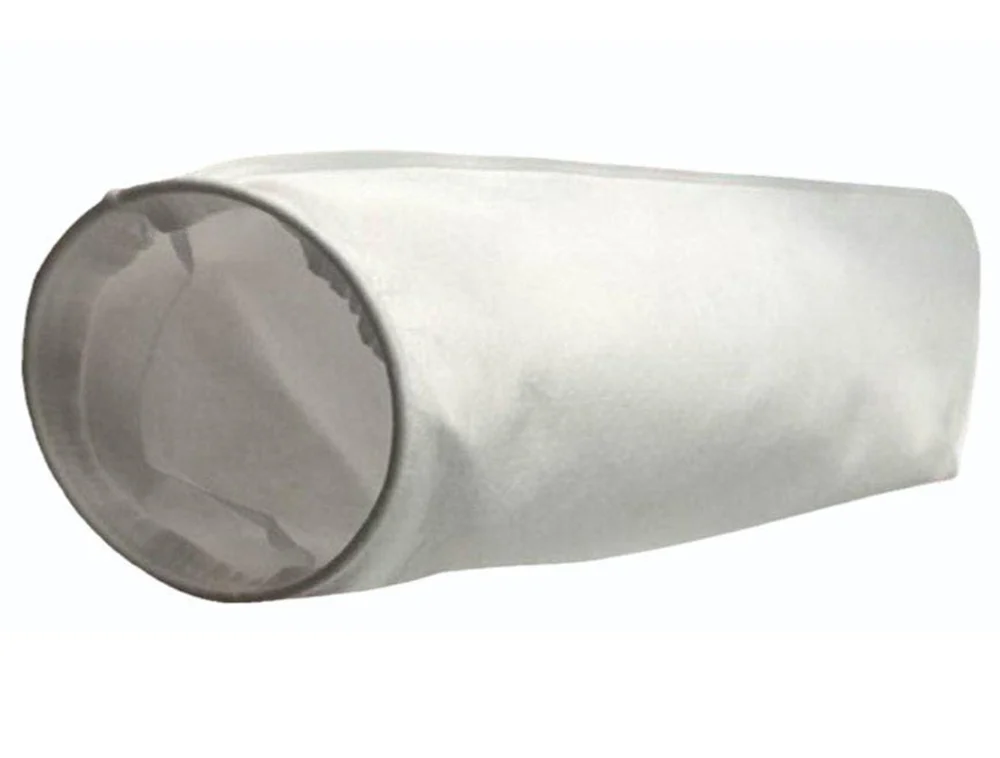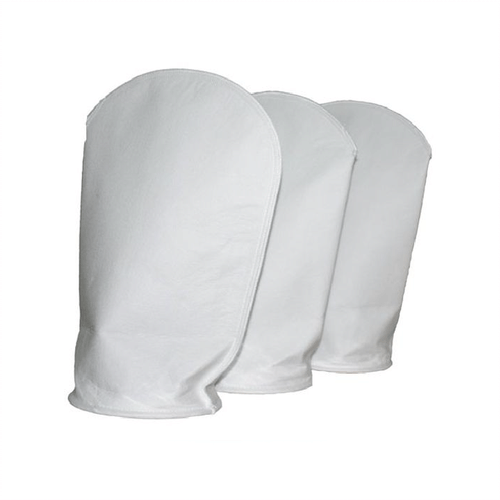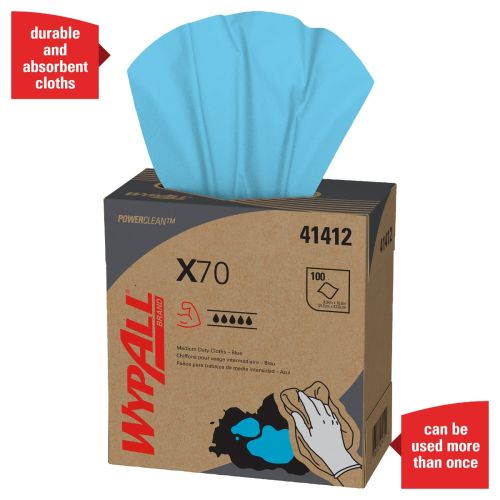Polypropylene Filter Bag
Polypropylene filter bags are widely used for liquid filtration across various industries, prized for their excellent chemical resistance and cost-effectiveness. They are produced by needle-punching polypropylene fibers, creating a depth filtration medium.
Description
Polypropylene filter bags are widely used for liquid filtration across various industries, prized for their excellent chemical resistance and cost-effectiveness. They are produced by needle-punching polypropylene fibers, creating a depth filtration medium.
Here’s a more detailed look at polypropylene needle felt filter bags:
Manufacturing and Properties:
- Material: These bags are made from 100% polypropylene fibers, which are needle-punched to form a non-woven felt fabric.
- Needle Punching: The polypropylene fibers are mechanically interlaced through the needle-punching process, creating a porous structure that traps particles throughout its depth.
- Treatments: Surface treatments like calendering or singeing can be applied to reduce fiber migration.
- Construction: The felt fabric is fabricated into bags, with various ring or flange options for secure installation.
- Chemical Resistance: Polypropylene exhibits excellent resistance to a wide range of chemicals, including acids and alkalis.
- Temperature Resistance: These bags are suitable for lower temperature applications, with a typical maximum operating temperature around 90°C (194°F).
- Durability: They provide good durability for many applications.
Applications:
- Chemical Processing: Filtration of various chemical solutions.
- Food and Beverage: Filtration of liquids in food and beverage processing.
- Electroplating: Filtration of electroplating solutions.
- Water Treatment: Filtration of water and wastewater.
- Pharmaceuticals: Filtering various liquid solutions.
Advantages:
- Excellent Chemical Resistance: Highly resistant to acids, alkalis, and many other chemicals.
- Cost-Effective: Polypropylene is a relatively inexpensive material, making these filter bags a cost-effective filtration solution.
- Good Filtration Efficiency: The needle-punched construction provides efficient depth filtration.
- Hydrophobic properties: Polypropylene is naturally hydrophobic.
When to Consider Other Materials:
-
High-Temperature Applications: For applications requiring high operating temperatures, nylon or PTFE filter bags may be more suitable.
-
Specialized Filtration: For very fine filtration or specific chemical requirements, other filter media like polyester or special alloys may be needed.
Finish Treatment:
- Antistatic Line Type (AS–L).
- Antistatic Blend Type (AS–B).
- Antistatic Cross Line Type (AS-X).
- PTFE Membrane (M).
- PTFE impregnation (TPI).
- Water & Oil Repellent (WR).










